Macitentan: A New Hope for Pulmonary Arterial Hypertension Treatment
Macitentan is a novel drug developed for the treatment of pulmonary arterial hypertension (PAH), a chronic and life-threatening condition characterized by elevated blood pressure in the pulmonary arteries. PAH affects about 15-50 people per million, mostly women aged 20-50 years old, and its main symptoms include shortness of breath, fatigue, chest pain, and dizziness.
Macitentan belongs to a class of drugs called endothelin receptor antagonists (ERAs) that block the action of a hormone called endothelin, which is known to cause blood vessels to constrict and promote inflammation, fibrosis, and proliferation of smooth muscle cells. By inhibiting the binding of endothelin to its receptors, Macitentan can reduce the resistance to blood flow in the lungs and improve the oxygenation of the body.
Clinical trials have shown that Macitentan has a favorable efficacy and safety profile in PAH patients, with few side effects and a low risk of drug interactions. In a Phase III study called SERAPHIN, Macitentan was compared to placebo in 742 patients with symptomatic PAH of various causes, including idiopathic, heritable, and drug-induced. The primary endpoint was a composite of morbidity and mortality, and the secondary endpoints were individual components of the primary endpoint, including clinical worsening, hospitalization, and death.
After 6 months of treatment, the SERAPHIN study found that Macitentan reduced the risk of the primary endpoint by 45% compared to placebo, with a hazard ratio of 0.55 (95% confidence interval 0.39-0.76, p<0.001). The median time to the first occurrence of a morbidity/mortality event was 60 weeks in the Macitentan group and 31 weeks in the placebo group, translating into a 40% prolongation of survival without worsening. The reduction in the risk of hospitalization was even more pronounced, with a hazard ratio of 0.42 (95% CI 0.31-0.57, p<0.001), indicating that Macitentan can prevent or delay the need for hospital care in PAH patients.
Moreover, the safety of Macitentan was monitored closely throughout the study, and no new adverse events or unexpected toxicities were identified. The most common side effects of Macitentan were headache, nasopharyngitis, anemia, and peripheral edema. However, these side effects were mostly mild to moderate and did not require treatment interruption or dose adjustment.
In conclusion, Macitentan is a promising new drug for the treatment of PAH, offering a significant improvement in morbidity, mortality, and hospitalization compared to placebo, with a good safety profile and tolerability. Macitentan has been approved by the FDA in 2013 and is now commercially available under the brand name Opsumit. However, Macitentan should be used with caution and under medical supervision, as its long-term effects, drug interactions, and pregnancy category are still under investigation. Therefore, PAH patients who are considering or already receiving Macitentan should consult their healthcare providers for more information and guidance.
 马昔腾坦的相关介绍
马昔腾坦的相关介绍
注:本站所有内容仅供参考,不代表药直供立场(如有错漏,请帮忙指正),转载请注明出处。不作为诊断及治疗依据,不可替代专业医师诊断、不可替代医师处方。本站不承担由此导致的相关责任!
2023-05-16 17:40:17 更新
 全部分类
全部分类



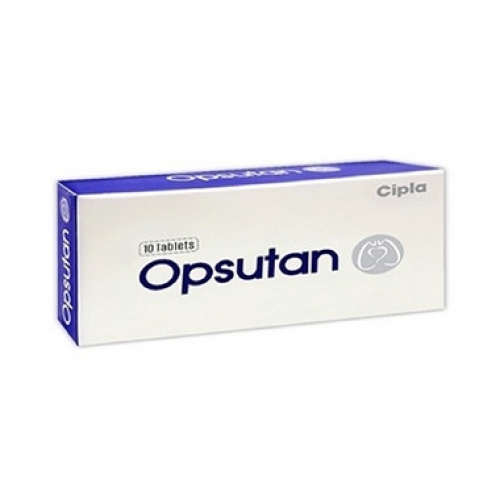
 印度cipla
印度cipla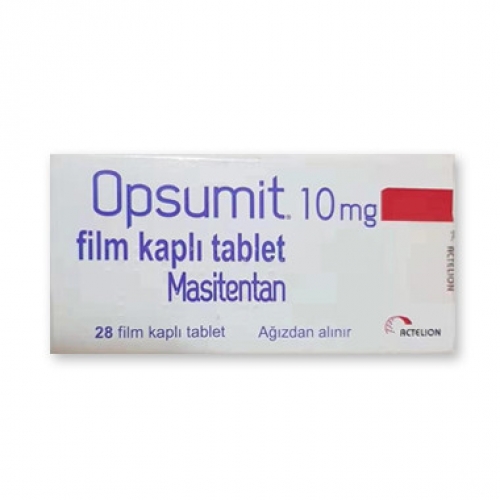
 意大利Patheon
意大利Patheon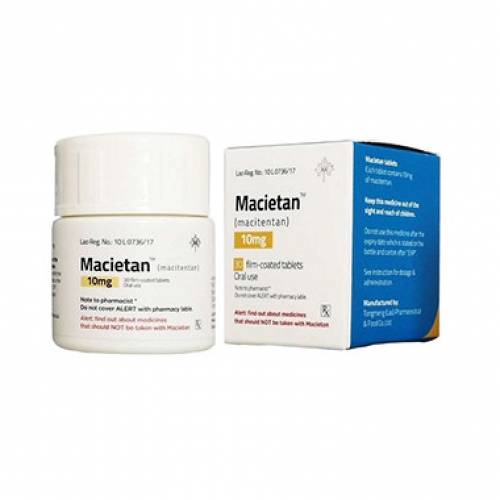
 老挝东盟制药
老挝东盟制药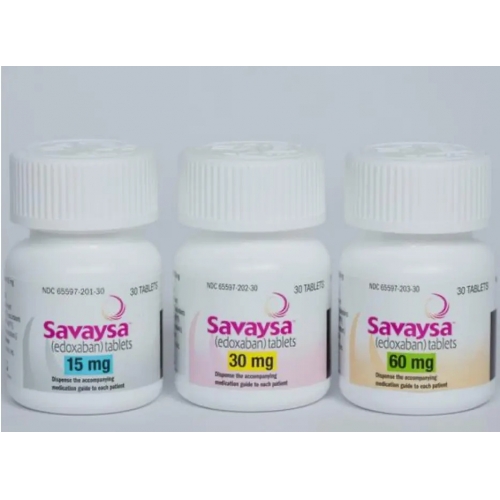
 日本第一三共
日本第一三共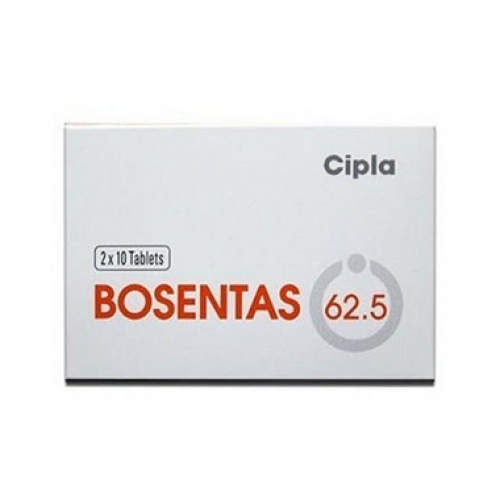
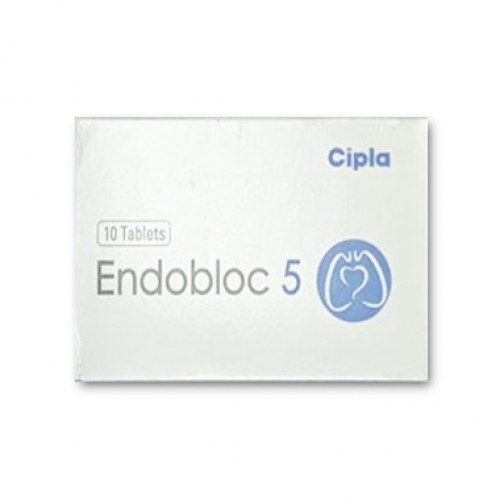


 粤ICP备2021070247号
粤ICP备2021070247号
